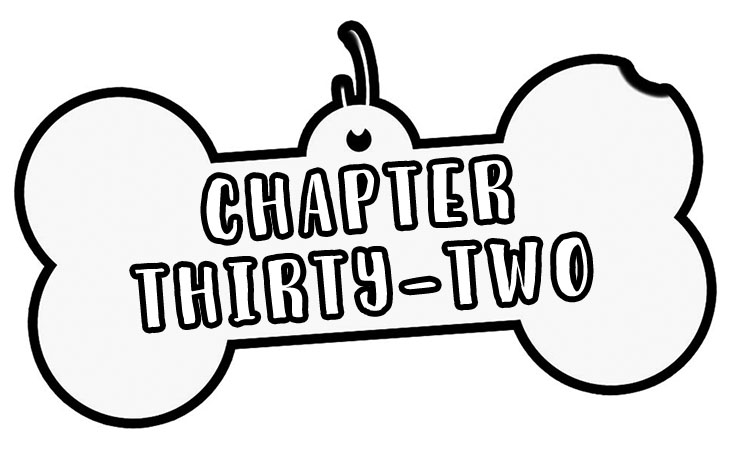

Having made his full and complete confession, Mr. Hope had no further need of us. As he had also signed a copy of that confession, the public human police had no further need of us either. So we were unceremoniously dumped out of the side door of the station without so much as a thank-you or a hail of a cab for us.
“Do you think Moriarty is responsible?” I asked.
“For what?”
“For Jefferson Hope being in a state of dying. Do you think the squirrel could have something to do with it?”
“I do not,” he said. “You really must stop seeing the squirrel everywhere.”
“Easier to do if he’d stop popping up everywhere!”
“He does not pop up everywhere! Besides, you’re a doctor.”
“True,” I said. “I suppose, when we all met Jefferson Hope for the first time, we thought, ‘Skinny man!’ plus ‘And now he’s trying to escape out the window!’ But chances are, he was already dying then. In some ways, I think he’s been dying since he lost Lucy.”
“It’s a nice night,” Bones said, turning up his snout to sniff the clean air. “We can walk.”
Easy for him to say. He wasn’t the one who normally had sixteen naps a day but today had yet to have any. He wasn’t the one with a limp from the Cat Wars.
He must have seen me struggling to keep up, for he stopped and said, “Oh! Would you like a lift?” And then he did a shocking thing: he offered me a ride on his back.
A part of me was actually tempted. I don’t care for riding in horse-drawn carriages, as I’ve said, but then I don’t usually know those horses. I did know Bones, however. Or at least, I was starting to.
But my pride would not let me accept. So I simply said, “If only you would slow that haphazard walk of yours, I think I can just manage to keep up.”
I said this, of course, a little irritably. Heaven forbid the dog should get the idea I might actually be starting to not wholly mind him.
“As you wish,” he said.
We carried on walking, but – to the dog’s credit – a bit more slowly this time.
I did not thank him.
“Well, I think this is all just wonderful!” he burst out after a surprisingly companionable bout of silence.
“What is?” I asked.
“Isn’t it obvious?”
“Would I ask if it were?”
“It’s only this, my dear Catson: At last – at long last! – we finally know all of the why behind everything Jefferson Hope did!”
I thought on this. And, as I thought, I remembered something from the end of our first case together, which had really turned out to be this case too. It can be found near the end of my writing in Case File #1: Doggone, but for convenience sake I shall recount it here.
“But you said,” I said, “after you first caught Jefferson Hope and I asked you why he did it, that the why didn’t matter. That is what you said.”
“Ah, it didn’t then, but it does now, now that we do know. Have you never heard the phrase, ‘that was then, this is now’?”
“I didn’t then,” I said wryly, “but I have now.”
We walked on.